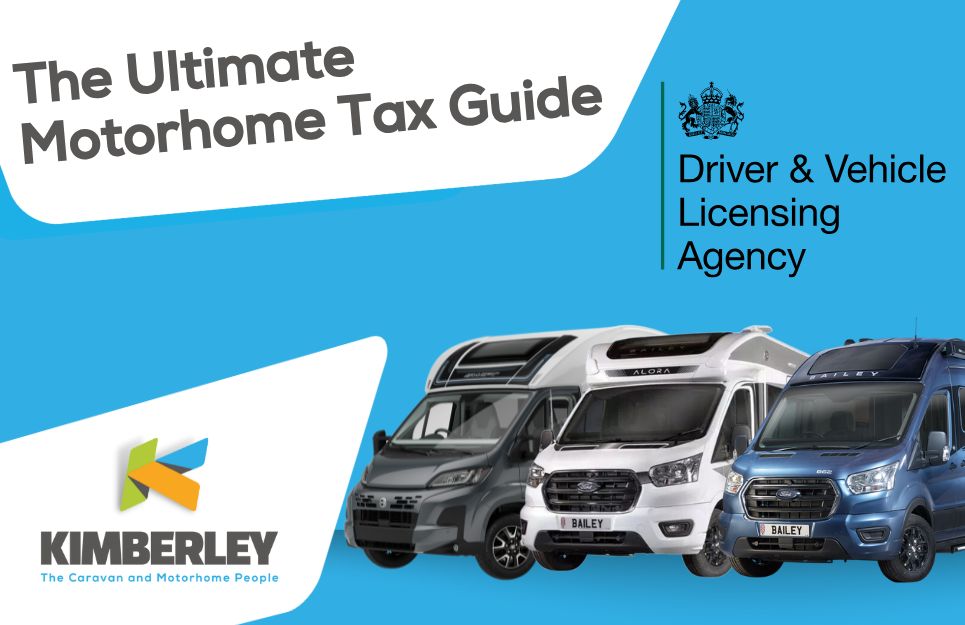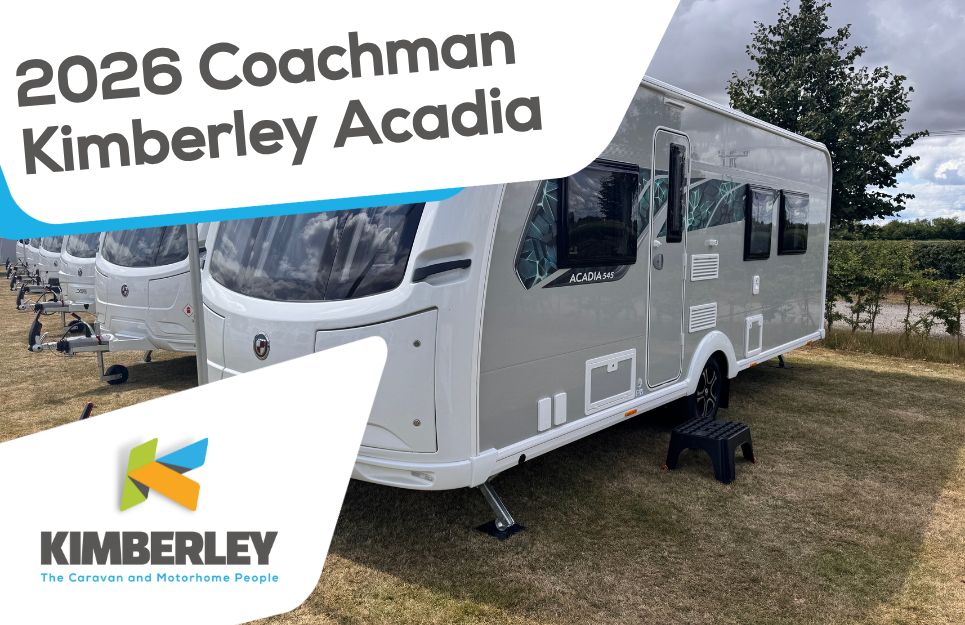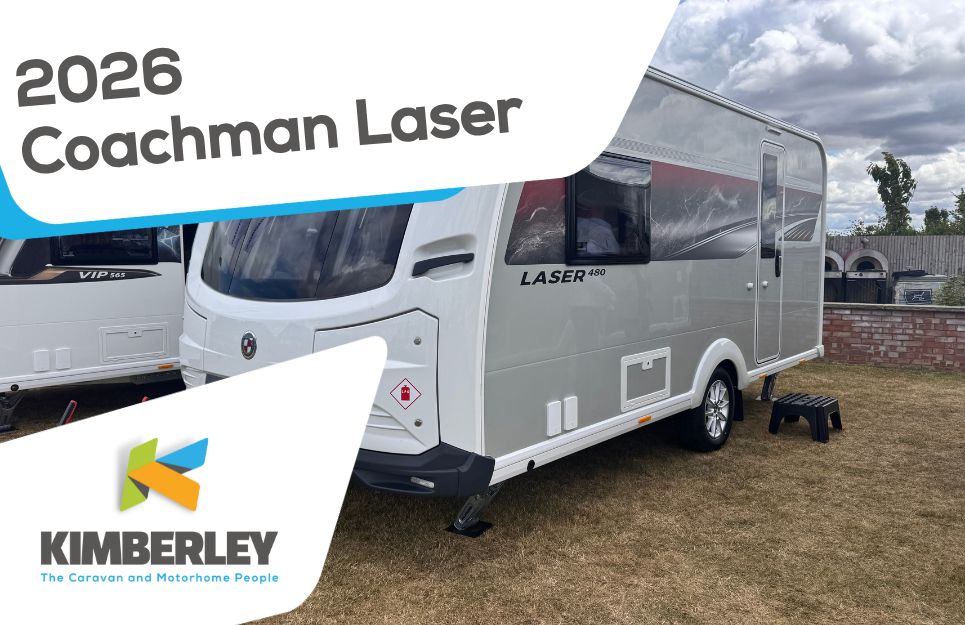
Owning a motorhome in the UK offers the freedom to explore the countryside at your leisure. However, it's essential to understand the associated costs, particularly when it comes to Vehicle Excise Duty (VED), commonly known as road tax. This guide will help you navigate the complexities of motorhome taxation, ensuring you're well-informed about the financial commitments involved.
Motorhomes are categorized for taxation purposes based on their weight, engine size, and registration date. The primary classifications include:
Motorhomes with a maximum weight of 3,500kg or less fall into this category.
Engine Size Up to 1549cc: Annual tax is £200.
Engine Size Over 1549cc: Annual tax is £325.
Motorhomes Registered Before 1 April 2017
For motorhomes first registered before 1 April 2017 up to 3,500kg, the VED rates are:
Engine Size Up to 1,549cc: Annual tax is £170.
Engine Size Over 1,549cc: Annual tax is £280.
Motorhomes exceeding 3,500kg are classified as PHGV.
A flat annual rate of £165 applies.
Certain motorhomes may qualify for specific tax rates or exemptions:
Vehicles manufactured more than 40 years ago are exempt from paying road tax. However, owners must apply for this exemption to benefit from it.
Euro 4: Motorhomes registered between 1 March 2003 and 31 December 2006, with a weight under 3,500kg, benefit from a reduced annual tax rate of £140.
Euro 5: Motorhomes registered between 1 January 2009 and 31 December 2010, also under 3,500kg, are eligible for the same £140 annual rate.
If you are a disabled driver or use your motorhome to transport a disabled person, you could qualify for a partial reduction or full exemption from road tax payments. It's advisable to check your eligibility before making any claims.
Paying your motorhome's road tax is straightforward:
Ensure you have your vehicle logbook (V5C) and a valid MOT certificate if applicable.
The method you choose to pay your road tax can influence the total amount due:
Understanding the nuances of motorhome taxation in the UK is crucial for budgeting and compliance. Tax rates vary based on factors like weight, engine size, and registration date. Staying informed about these classifications and any recent changes will help you manage your motorhome expenses effectively.
If you're considering purchasing a motorhome or upgrading your current one, explore our extensive range of motorhomes to find the perfect fit for your adventures.
Vehicle Excise Duty (VED), also known as road tax, is an annual tax that must be paid for most vehicles used or parked on public roads in the UK. The amount of VED depends on various factors, including the vehicle's weight, engine size, and emissions.
If your motorhome is not being used on public roads, you must declare it as off the road by registering a Statutory Off Road Notification (SORN) with the DVLA. This exempts you from paying road tax while the vehicle remains untaxed and off-road. However, once you decide to use the vehicle on public roads again, you must tax it accordingly.
Currently, there are no specific discounts for motorhome road tax. However, some vehicles may qualify for reduced rates based on their emissions standards or other criteria. It's recommended to check the latest information on the GOV.UK website or consult with the DVLA for any updates or changes.
To determine if your motorhome qualifies for reduced tax rates due to emissions, you'll need to check its emissions standard, which can be found in the vehicle's documentation or by contacting the manufacturer. Vehicles that meet higher emissions standards, such as Euro 4 or Euro 5, may be eligible for reduced tax rates. For detailed information, refer to the GOV.UK website.
Motorhome road tax is an annual fee that must be renewed each year. You can choose to pay it in full for the year, or opt for monthly or six-monthly payments through direct debit.
To tax your motorhome, you'll need:
The vehicle's logbook (V5C).
The new keeper's slip if you've just purchased the motorhome.
A reminder letter from the DVLA, if available.
 13/08/2025
13/08/2025
The 2026 Kimberley Acadia range has landed – exclusive to Coachman dealers like Kimberley Caravans. With updated interiors, four smart layouts including a 5 berth family twin axle, and a solid spec level across the board, the Acadia remains one of the best-balanced tourers on the market.
👉 Read the full blog to explore the range, compare layouts and check availability.
 13/08/2025
13/08/2025
The 2026 Coachman Laser range has landed at Kimberley Caravans. With seven 8ft-wide layouts, including the brand-new 480 Xtra, the Laser balances style, spec and touring comfort beautifully. Explore what’s new for 2026, compare floorplans, and find out why the Laser remains a firm favourite for serious caravanners.
👉 Read the full blog to view layouts, dimensions and availability.
 13/08/2025
13/08/2025
Explore the full 2026 Coachman Lusso caravan range – including the Lusso I, II and III – now available at Kimberley Caravans in Nottingham and County Durham. Our latest blog covers what’s new for 2026, compares layouts, and breaks down the updated spec across all three luxury models. Whether you're after a rear island bed or twin singles layout, the Lusso continues to set the benchmark for premium touring.
👉 Read the full breakdown, compare specs, and find out how to order your 2026 Lusso today.